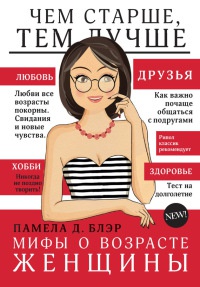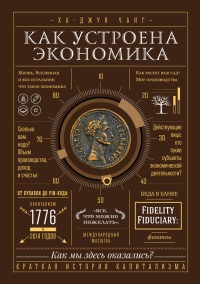Книга Взрослых не бывает и другие вещи, которые я смогла понять только после сорока - Памела Друкерман
Читать книгу Взрослых не бывает и другие вещи, которые я смогла понять только после сорока - Памела Друкерман полностью.
Шрифт:
-
+
Интервал:
-
+
Закладка:
Сделать
Перейти на страницу:
Перейти на страницу:
Книги схожие с книгой «Взрослых не бывает и другие вещи, которые я смогла понять только после сорока - Памела Друкерман» от автора - Памела Друкерман:
Комментарии и отзывы (0) к книге "Взрослых не бывает и другие вещи, которые я смогла понять только после сорока - Памела Друкерман"








